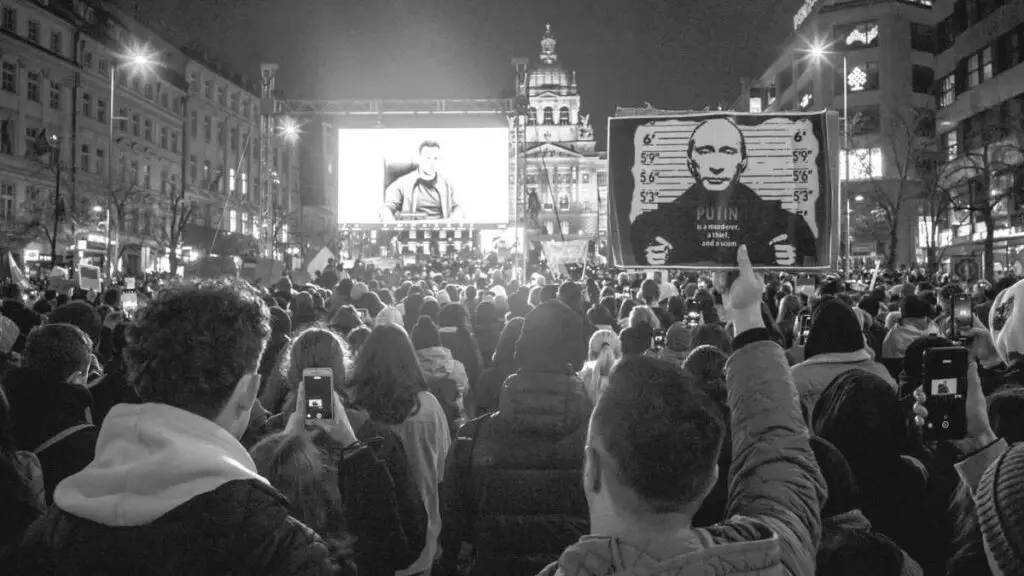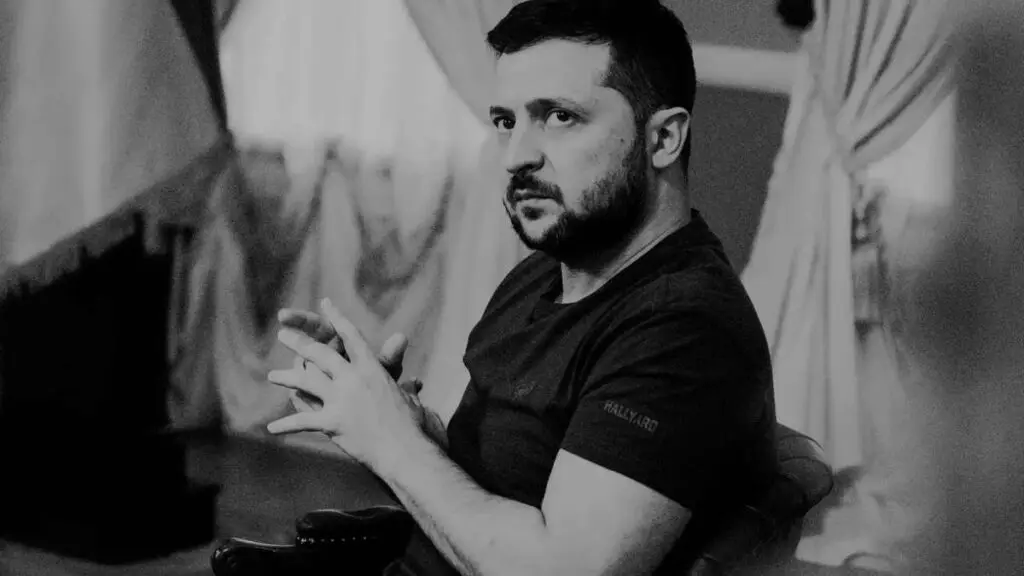By Geoffrey Cain
PRI’s The World
Apr 8, 2013
SEOUL, South Korea — Now that North Korea has recalled its workers from the Kaesong Industrial Zone — an area north of the DMZ where hundreds of South Korean managers oversee 51,000 North Korean laborers — it’s farewell to hope for a peaceful unification, at least for now.
In the late 1990s, the peninsula was on a path towards reconciliation, and possibly unification into a single Korea. Diplomats and reporters were optimistic, pointing out that North Korea had been through a famine that left 1 million dead, and that the communist government could not maintain the status quo.
Proponents called the movement the “Sunshine Policy.” The Kaesong Industrial Zone, opened in 2004, was the offspring of that movement — a model for the cooperation that would come.
“Sunshine” reached its height when the South Korean president, Kim Dae-jung, who later won the Nobel peace prize, met his dictatorial counterpart, Kim Jong Il, for a historic summit in Pyongyang. People called him the Asian version of Nelson Mandela.
But critics said any hope for real progress was naive, and that North Korea was playing with Seoul to get aid and concessions that would enrich the regime. Were they right?
In 2008, the conservative South Korean President Lee Myung-bak took office, ending many aid packages and gestures to its northern foe. North Korea was irate, and has since tested two nuclear bombs and launched two artillery and naval attacks off the West Coast of South Korea. Sad times for countries that once thought they could become one.
Today, the situation fell to a new low with the hermit state’s unprecedented decision to remove its workers from Kaesong. The move comes after North Korea announced last week that it was blocking access to the South Koreans who work there.
After the world didn’t take the decision seriously, the leaders got angry and, through state-run mouthpieces, criticized the South for its insistence that North Korea needed the Kaesong revenues. North Korea is too strong for that, they said.
Perhaps North Korea is just trying to make a petty point that it doesn’t need the estate. Or perhaps it’s trying to back up its threatening words over the past month.
For the past few hours, many North Korea watchers here in Seoul have been asking: Will there be a Sunshine 2.0? Is it possible that Pyongyang, with its rhetoric and poor economy, will dig itself so far into a hole that South Korea, once again, will attempt to pull it out?
Of course, the future of the isolated state is largely a guessing game. Ask any of the pundits who’ve been predicting a collapse since the end of the Cold War. But the agreement here is, for the most part, that “Sunshine” is obsolete.
So, farewell Sunshine, and goodbye to the once-loved but divisive legacy of Kim Dae-jung.
The article was originally published in PRI’s The World
See Also:






